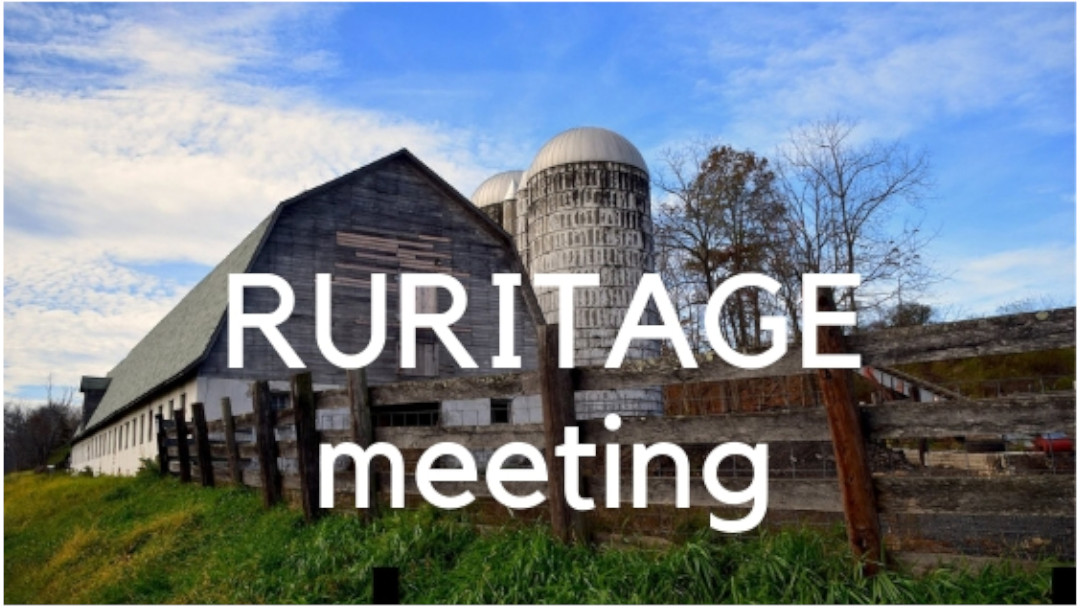From March 19 to 22, CARTIF Technology Centre will host a conference that will bring together in Valladolid the consortium of international entities that are part of the RURITAGE project, an initiative that seeks the regeneration of the rural environment through strategies based on the strengthening of heritage.
The event, called “From the seed the young tree: first step for the growth of the knowledge tree RURITAGE”, aims to enhance the activity of the project and share knowledge, opinions and experiences of the different parties, concluding in the mutual learning and the development of the initiative. Likewise, it aims to raise awareness of the real importance of art and cultural assets in the valorization of the rural world and to make known how those rural regeneration strategies led by heritage can be developed.
The opening day will take place at the Castillo de la Mota, in Medina del Campo, while the rest of the days the conference will take place at the facilities of CARTIF, in the Boecillo Technology Park. This event held in the province of Valladolid will be the first of four international meetings related to the RURITAGE Project and the only one held in Spain.
The sessions of the workshop have been organized around three complementary areas of content that echo the different manifestations in which the cultural and natural heritage generates value in the territories. These three defined areas correspond to the values around the potential of nature (landscape and local food production), resilience capacity (actions linked to natural disasters and the inclusion of migrants) and the value of the creation as elements of social cohesion (art and festivals).
With an investment of 10 million euros from the European research program Horizon 2020, the RURITAGE project works with the objective of converting rural areas into demonstration laboratories for sustainable development. Based on numerous investigations, the project has identified 6 areas of systemic innovation and 11 cross-cutting themes, which represent the ways in which cultural heritage acts as a motor for the regeneration of a rural area and its economic, social and environmental development.
The ultimate goal of the project is none other than to make cultural and natural heritage a priority within national, European and international policies.
CARTIF, the only Spanish technology centre with more than 20 years of experience in heritage conservation, is among the 40 partners that make up the RURITAGE consortium, led by the University of Bologna, from Italy, Spain, France, the United Kingdom, Germany, Finland, Norway, Poland, the Netherlands, Colombia, Hungary, Slovenia, Greece, Iceland, Romania, Austria, Brazil, Turkey and Chile. CARTIF, for its part, leads the monitoring and evaluation procedures of the project.
